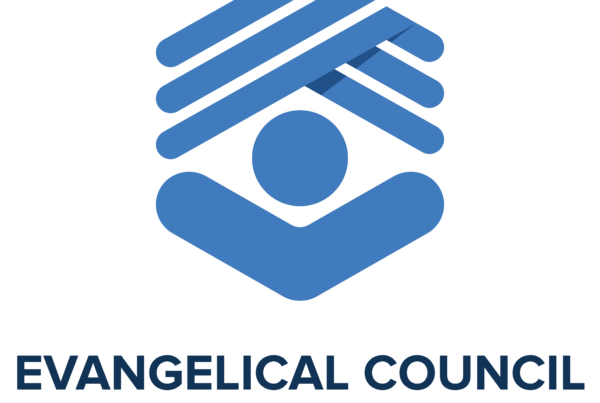“… and a little child shall lead them.” (Isaiah 11:6)
Isaiah is clear: children have a prominent place in the Kingdom of the Messiah. Consequently, children must have a prominent place in the ministry of the Church… and in the hearts of her leaders. To love and protect children displays the heart of Christ.
How can a denominational leader love and protect children when the office is far removed from the people and activities of the local church? Do they have a role? Should they have a role? Since all church leaders are called to display the character of Christ, the answer is “Yes, they should. Yes, they do.”
The Rev. John Witherspoon (a signatory of the Declaration of Independence) wrote in the late-1700’s, “All church power … is only ministerial and declarative.” This means authoritative leaders in the church effect change through words and behavior shaped by the Word of God.
The power of ministry
The power of personal holiness
Paul requires church leaders to be “above reproach” (1 Timothy 3:2). Other than Jesus, no leader is perfect. Yet, those saved by Christ remember their bodies are the temple of the Holy Spirit (1 Corinthians 6:19), so believers “put to death” a life dominated by emotional immaturity and physical impurity (Colossians 3:5). The Spirit is at work, so leaders walk by the Spirit to show others the holiness of God. Denominational leaders set the pace through a transparent life of humble repentance and faith, striving by the grace of God to “be holy,” for the LORD our God is holy (Leviticus 19:2).
What does that look like? Others, even the youngest children, see in the leader the fruit of God’s work: love, joy, peace, patience, kindness, goodness, faithfulness, gentleness and self-control (Galatians 5:22-23). A leader who displays the holy character of God is a refuge for the vulnerable.
The power of provision
Denominational leaders have a unique position to equip others, as they have a “high altitude” view of the church. Their wide network of connections bring access to people and resources that are valuable to local church leaders. A leader diligently searches for resources and shares them through websites, initiatives, training events, and one-on-one mentoring. Even when a leader is organizationally prohibited from requiring churches to use a resource, that leader can present a list of best practices and inform other churches of what a particular congregation found useful. Denominational leaders seek to “expose works of darkness” rather than keep secret lists for self-protection (Ephesians 5:11).
The power of declaration
The message of the denominational office must be clear: “The abuse and neglect of the vulnerable, especially children, are contrary to the gospel. We will not tolerate such evil in our congregations.” This message must be displayed in all aspects of our ministry: in our materials, in our training, in our conversations. Denominational leaders resist the urge to assume all is well; rather, they pursue a policy of “trust but verify.” The enemy we battle is powerful. Lies and self-deception are his favored weapons. That is why the armor God provides includes truth and righteousness (Ephesians 6:14). Leaders boldly stand behind God’s armor rather than cower behind the devil’s lies.
Certainly, we must be careful about a charge against a leader (1 Timothy 5:19). The enemy will use lies to discredit leaders. Yet, that same enemy will tempt leaders to a life of hypocrisy, hiding behind technicalities and even Scripture. For the glory of Christ, leaders must call for (and welcome) the careful investigation of any charge. Following the example of Christ, a leader—even one who believes he is falsely charged—must humbly submit himself to the One who judges justly (1 Peter 2:23). Godly leaders resist the “Oh, I know him. He’s okay” mindset. Diligent investigation will either expose the accused as guilty or innocent. If the investigation is inconclusive, the accused should step away from the situation and humbly submit to a plan of care that leads to demonstrated holiness, a holiness that convinces an impartial public he is truly innocent.
In his final words to the Ephesian elders, Paul warned fierce wolves would infiltrate even their own ranks speaking twisted words and harming the flock. The presence of and indifference to abuse in the church today is a modern manifestation of what Paul foretold. Therefore, we, like they, must pay careful attention to ourselves and to the flock (Acts 20:28-30). Leadership at all levels of the church is indeed a “noble task” (1 Timothy 3:1). The task is noble because we are stewards of the flock Jesus cares for. And the smallest, most vulnerable lamb is precious in His eyes.





